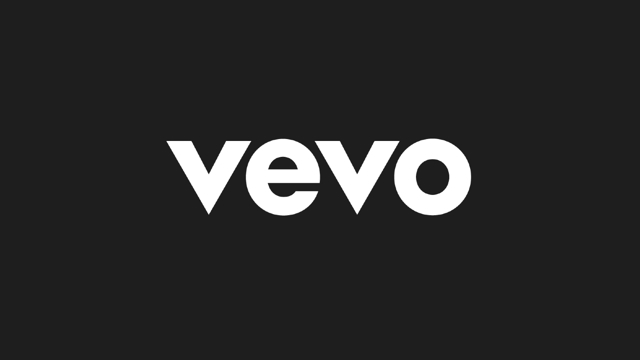Google’s YouTube will now sell Vevo’s music video clips directly to advertisers, as part of a deal struck late last year but just made public. Up until now, Vevo had the first pass at selling its own videos, leaving automated, remnant ad sales to Google. At YouTube’s “Brandcast” pitch event to advertisers, the company did not so much announce the terms of the deal, but let it slip that it was selling Vevo clips in its “Google Preferred” tier, which is a collection of its most valuable and most “brand-safe” content.
Recode reports that YouTube chief business officer Robert Kyncl told the Brandcast crowd that, “this gives you the unprecedented opportunity to advertise against virtually all music in the world.” With the deal, “Google’s team of 15,000 sellers will get their hands on valuable inventory, which should theoretically generate higher ad sales for the music videos” that will be split between Google and Vevo.
The only loser in the new arrangement is “Vevo’s sales force, which now has to compete with the biggest ad seller on the planet,” and anyone who pinned their hopes on Vevo becoming a “valuable, standalone asset.”
Sony and Universal, with help from YouTube, built Vevo, benefitting the Google platform because “it owed the labels money every time someone played one of the label’s clips.” Later, Google made an equity investment in Vevo. In time, however, Vevo chief executives “debated whether Vevo could be its own, valuable asset, or whether its main purpose was to collect ad revenue and pass it back to the labels,” and YouTube executives “expressed frustration about dealing with Vevo instead of working with the labels directly.”
Recode notes that, “depending on your mindset,” YouTube seems to have its way, “by stripping away Vevo’s ad sales exclusivity” and, “earlier this year,” removing “the Vevo branding from musicians’ YouTube channels.”
“The availability of Vevo in Google Preferred enables UMG, Sony and Vevo to participate in YouTube’s most premium inventory sold to advertisers,” stated Kyncl. “It also increases the sales force deployed against music videos and maximizes revenue for artists and songwriters.”


No Comments Yet
You can be the first to comment!
Sorry, comments for this entry are closed at this time.